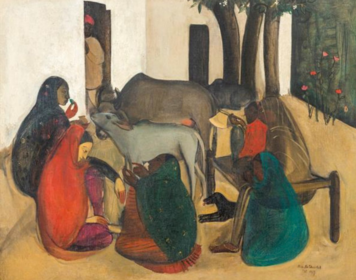 “They’re eating the dogs, they’re eating the cats.”
“They’re eating the dogs, they’re eating the cats.”
That was the headline on the website of Raidió Teilifís Éireann, the national public broadcaster in the Republic of Ireland, on September 11. What the candidate in the U.S. presidential debate the night before had said in full was:
In Springfield, they’re eating the dogs, the people that came in, they’re eating the cats. They’re eating, they’re eating the pets of the people that live there.[1]
As I’m sure you know, in the twelve days since the debate, the people of Springfield, Ohio, have been through hell. They’ve been put under a media microscope; white supremacists have marched through the town; there are have been more than 30 bomb threats against schools and public buildings.
 We have had more than enough of contempt,
We have had more than enough of contempt,

